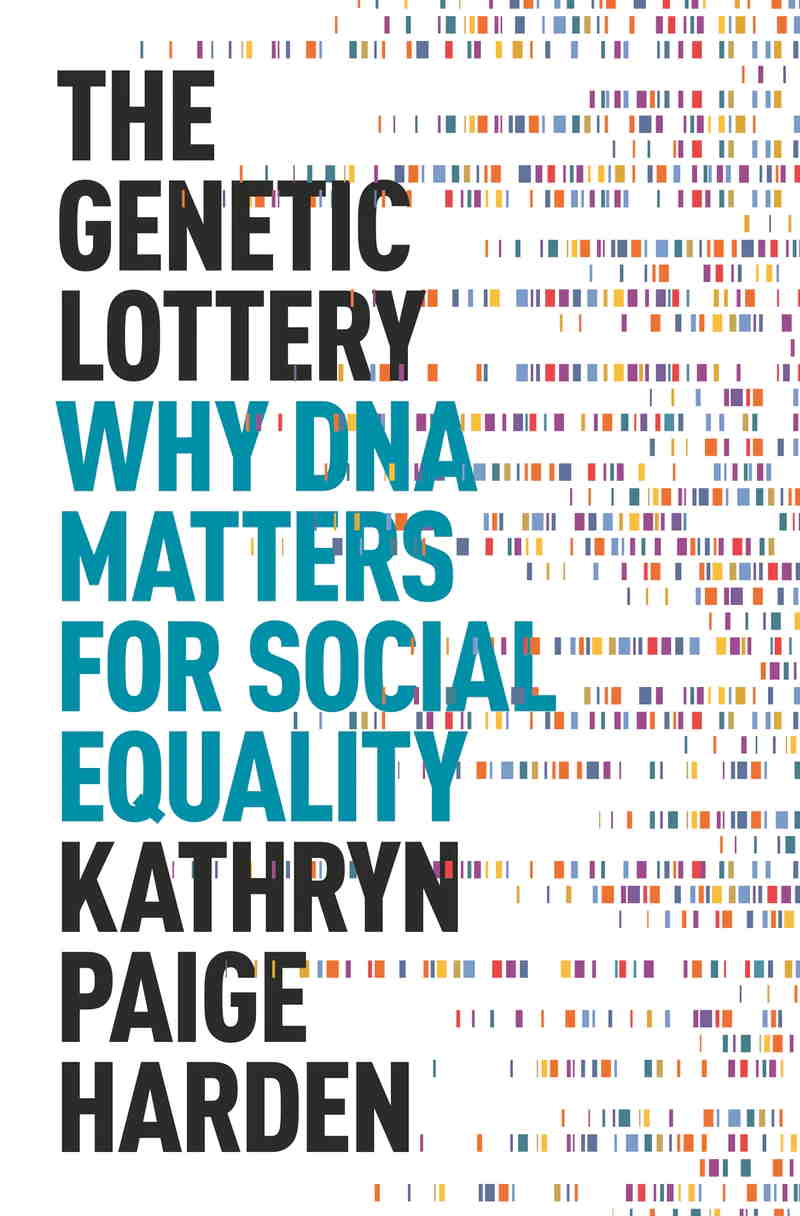Why Biology Is Not Destiny
By M.W. Feldman and Jessica Riskin,
The New York Review
| 04. 21. 2022
You must know the parable about the frog that sits in a pot of water being gradually heated, allowing itself to be boiled alive: because the change happens gradually, it never realizes it should leap out. Reading Kathryn Paige Harden’s book The Genetic Lottery: Why DNA Matters for Social Equality is a similar experience, as the author ingenuously points out. “Like a frog being slowly boiled alive,” she observes, readers follow her argument “from an uncontroversial premise to a highly controversial one.” Harden’s “uncontroversial premise” in this case is that siblings raised in the same family share a childhood environment and 50 percent of their DNA randomly assigned at conception, and are therefore like subjects in a controlled study of genetic differences. Ask anyone with a sibling whether their own childhood environment was the same as their sibling’s and you’ll quickly disprove Harden’s claim that her premise is uncontroversial. But putting that objection aside and sitting patiently as Harden increases the heat, we’ll arrive at her “highly controversial” assertion that “if siblings who differ genetically also have corresponding differences in...
Related Articles
By Alex Polyakov, The Conversation | 02.09.2026
Prospective parents are being marketed genetic tests that claim to predict which IVF embryo will grow into the tallest, smartest or healthiest child.
But these tests cannot deliver what they promise. The benefits are likely minimal, while the risks to...
By Steve Rose, The Guardian | 01.28.2026
Ed Zitron, EZPR.com; Experience Summit stage;
Web Summit 2024 via Wikipedia Commons licensed under CC by 2.0
If some time in an entirely possible future they come to make a movie about “how the AI bubble burst”, Ed Zitron will...
By Arthur Lazarus, MedPage Today | 01.23.2026
A growing body of contemporary research and reporting exposes how old ideas can find new life when repurposed within modern systems of medicine, technology, and public policy. Over the last decade, several trends have converged:
- The rise of polygenic scoring...
By Daphne O. Martschenko and Julia E. H. Brown, Hastings Bioethics Forum | 01.14.2026
There is growing concern that falling fertility rates will lead to economic and demographic catastrophe. The social and political movement known as pronatalism looks to combat depopulation by encouraging people to have as many children as possible. But not just...




